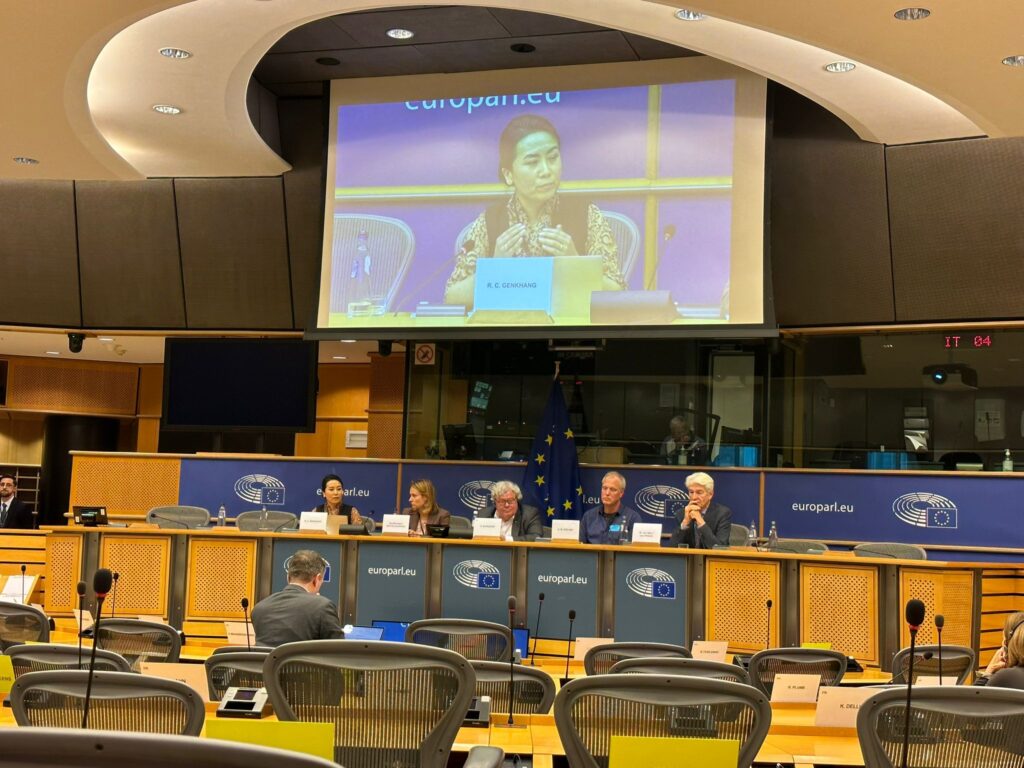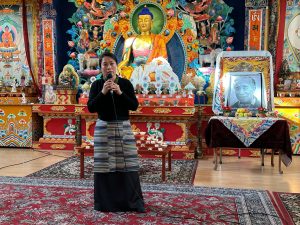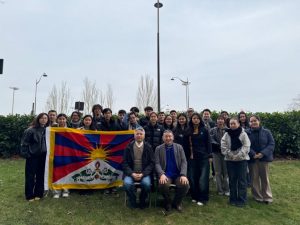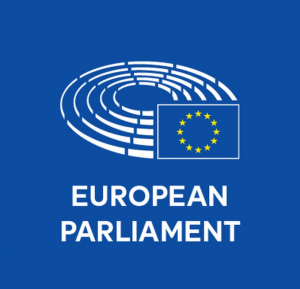
Tibet was the focus of the European Parliament’s Delegation for Relations with China (D-CN) on Monday, 06 March, in their first in-person meeting after the Covid-19 restrictions were lifted. This is also the first time in the recent past, if not the first time ever, the Delegation decided to discuss the current developments in Tibet.
Representative Rigzin Genkhang, Dr van Walt van Praag, Executive President of Kreddha and Senior Fellow at the Sompong Sucharitkul Center for Advanced International Legal Studies, Golden Gate University Law School, San Francisco and M. Fischer, Professor of Inequality, Social Protection and Development, Institute of Social Studies (The Hague), part of Erasmus University Rotterdam (ISS) were invited to address the issue.
In his opening remarks, MEP Reinhard Bütikofer, Chair of the Delegation, said that in recent times the European Parliament has been paying more attention to the situation in East-Turkestan, Hong Kong and Taiwan. But Tibet should not be ignored.
During the one-and-half hour exchange of views, members were briefed on the current developments in Tibet, including the implementation of China’s coercive assimilationist policies aimed at obliterating the three pillars of Tibetan identity – language, culture and religion, amounting to cultural genocide, Sinicisation of Tibetan Buddhism, succession of His Holiness the Dalai Lama and forced labour.
In view of the deteriorating situation in Tibet, the Speakers called on the EU to step up support for Tibet by the appointment of an EU Special Representative for Tibet, by urging China to engage in a substantive dialogue with the Envoys of His Holiness the Dalai Lama to resolve the Sino-Tibetan conflict peacefully, through the recognition of Tibet as an occupied country, among other things.
The conference was attended by Members of the European Parliament, EP and EU Officials, Parliamentary Assistants, representatives of NGOs and staff members of Office of Tibet, Brussels.





